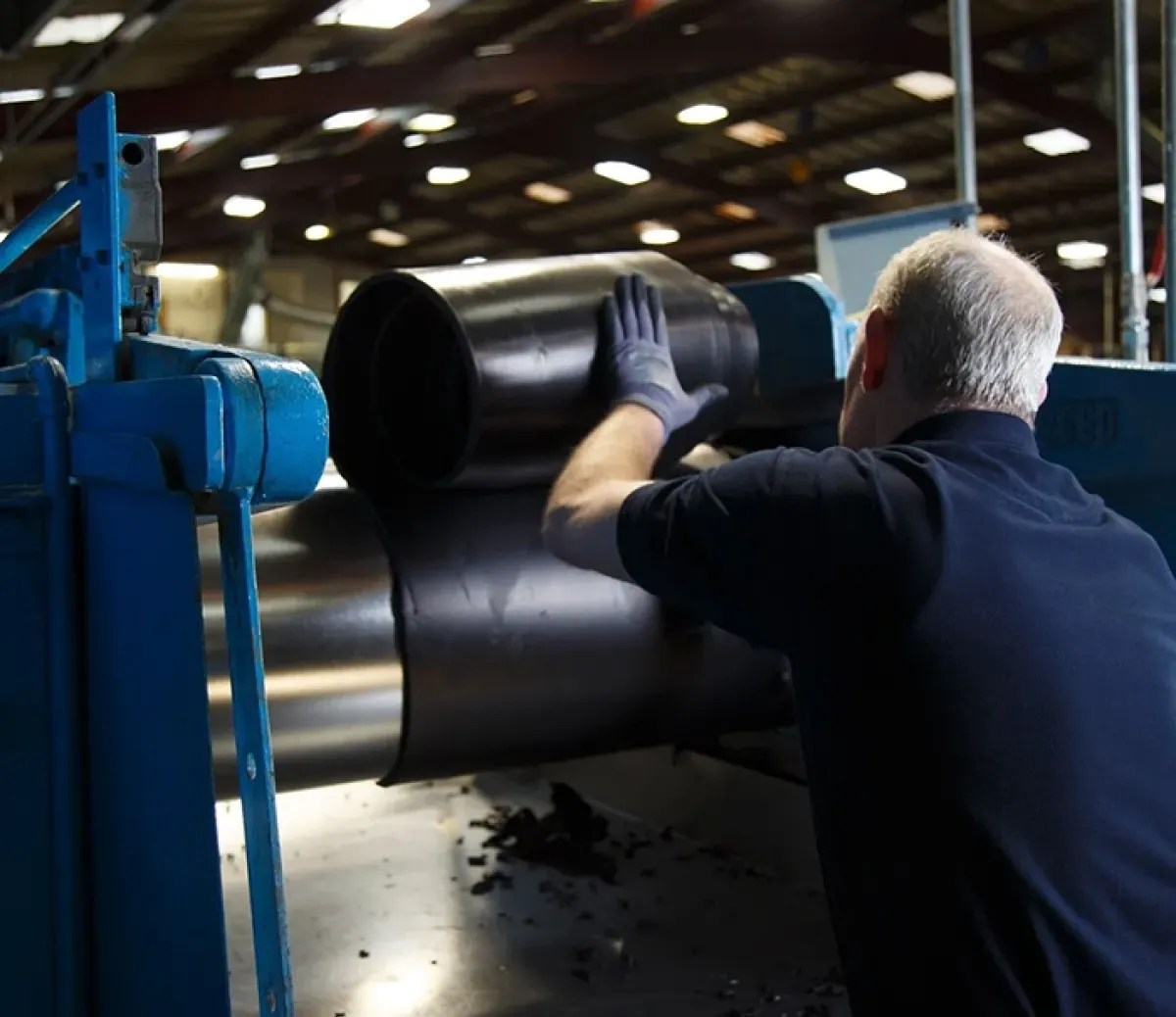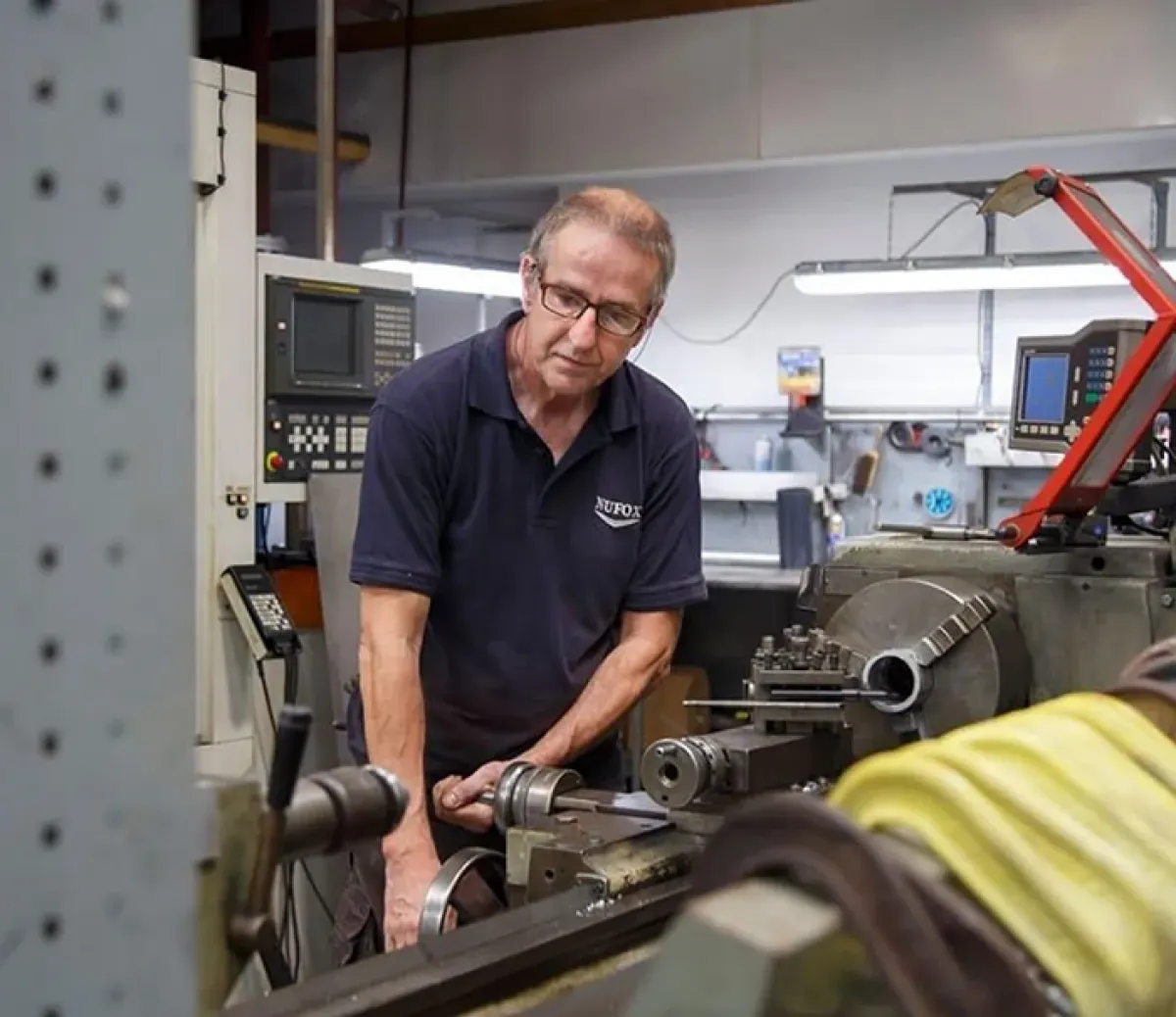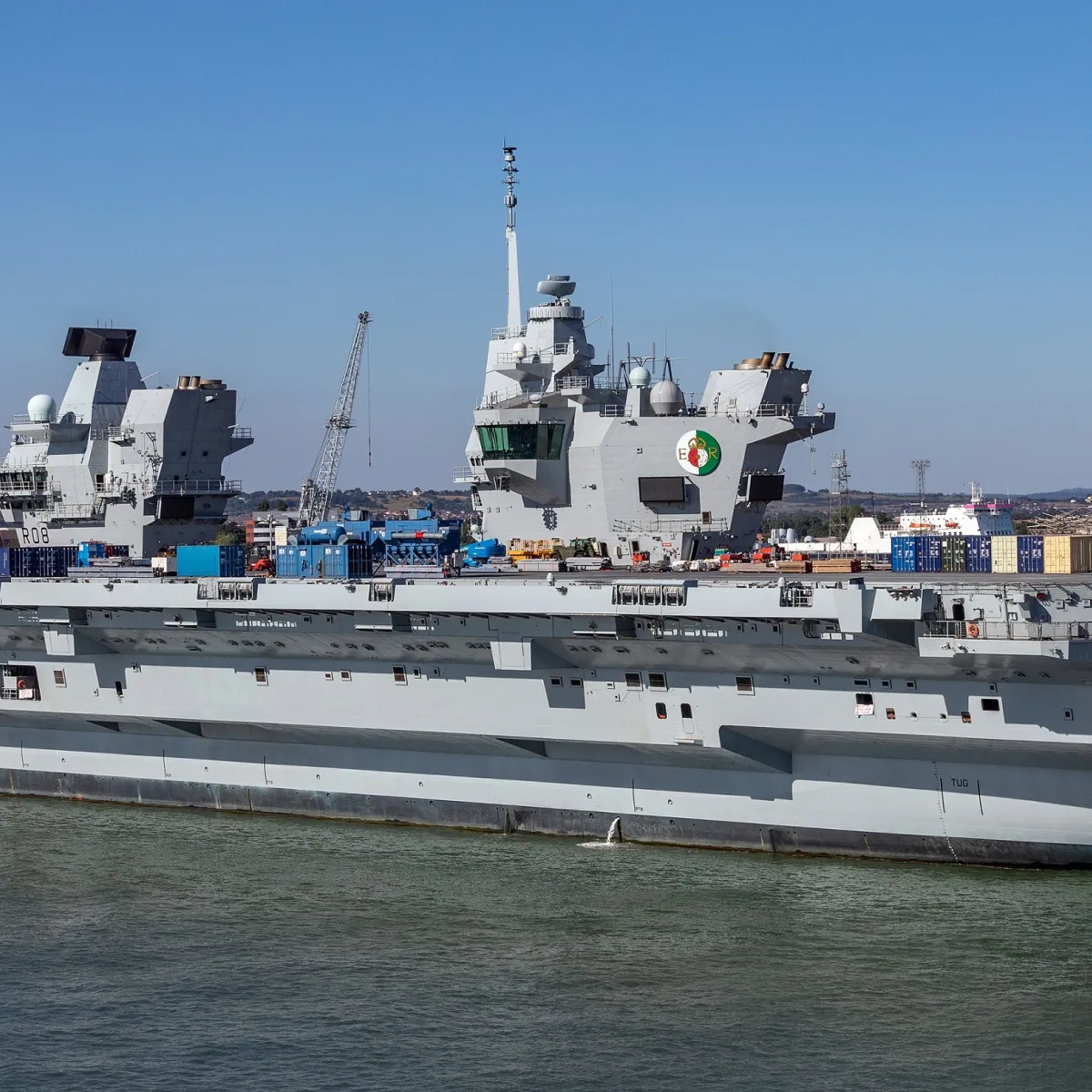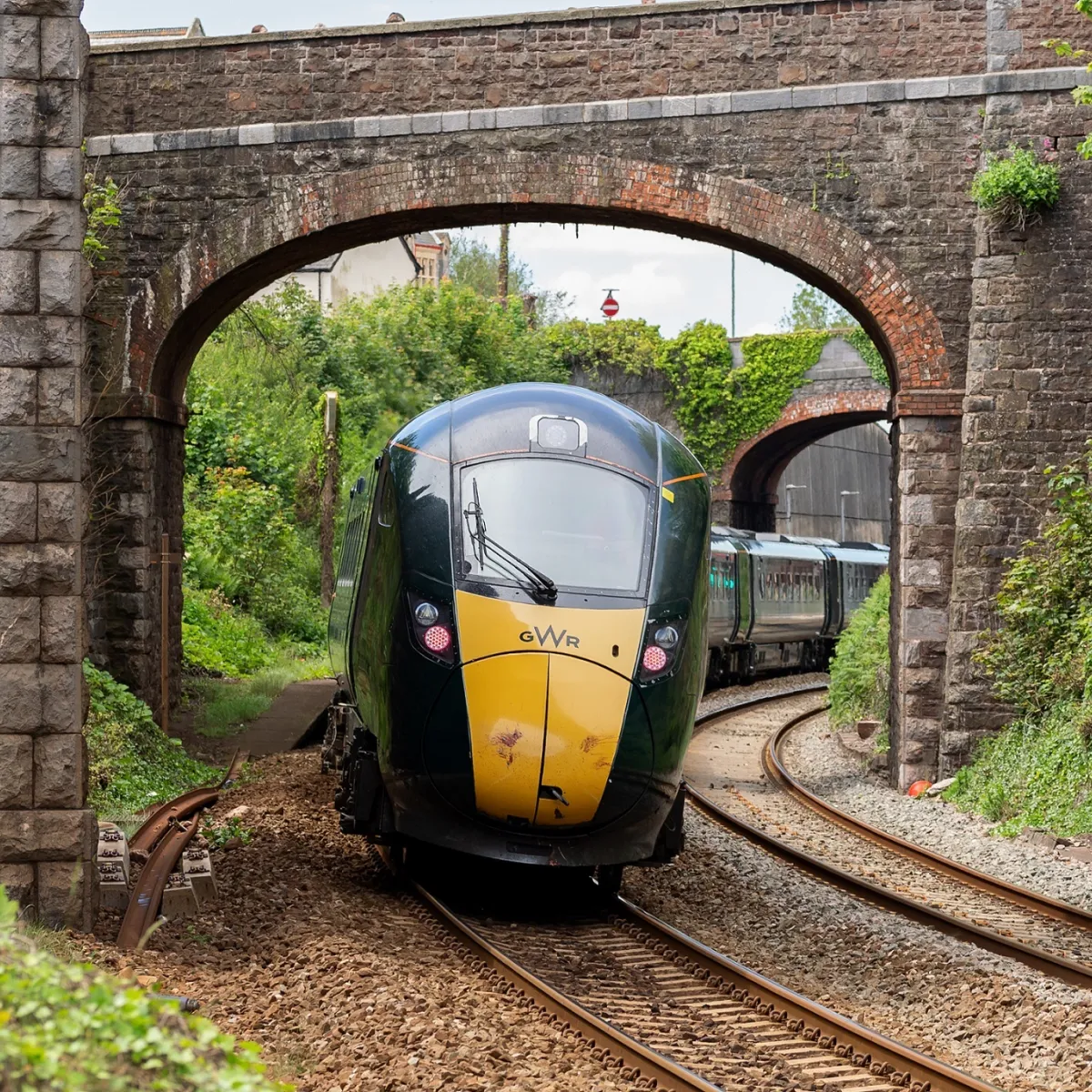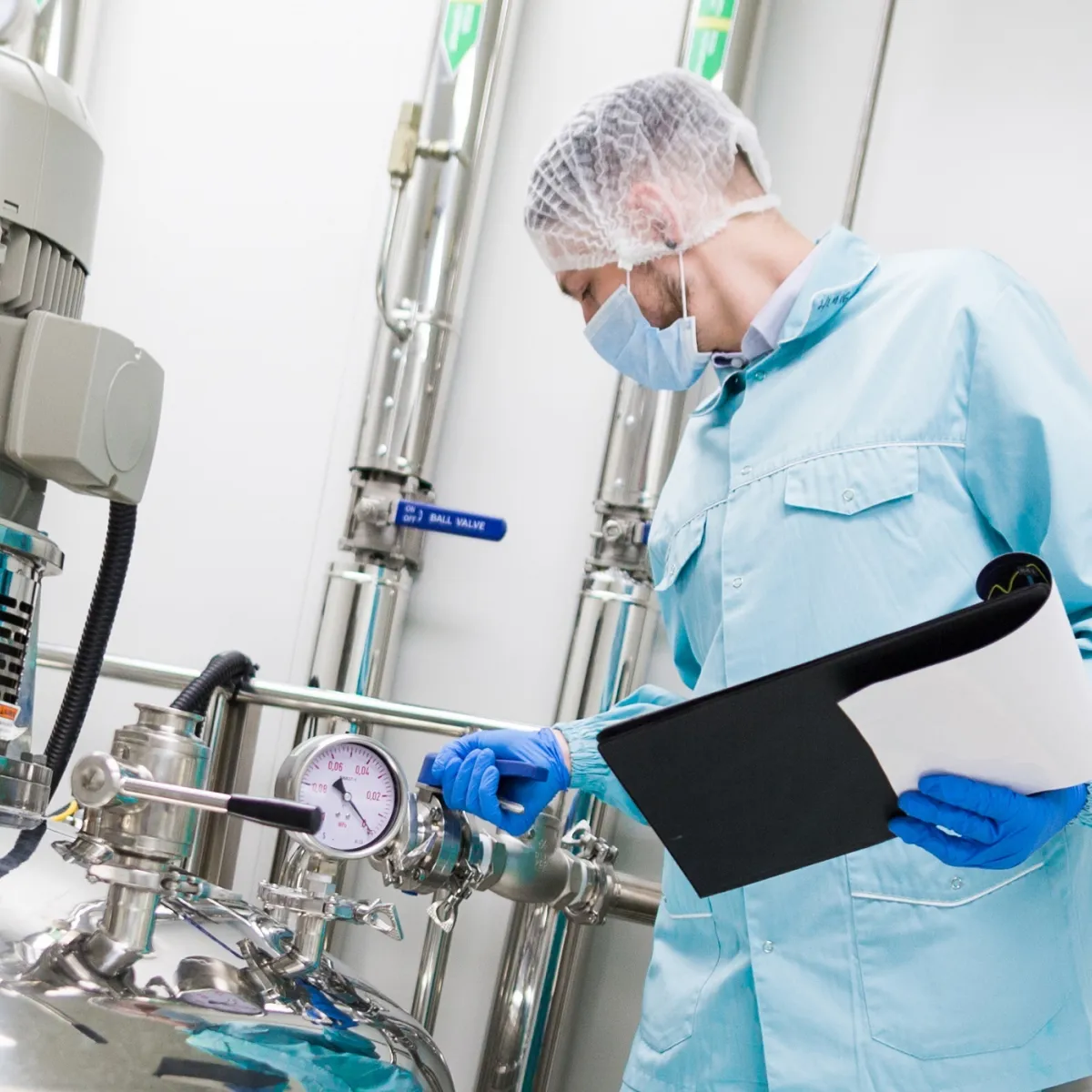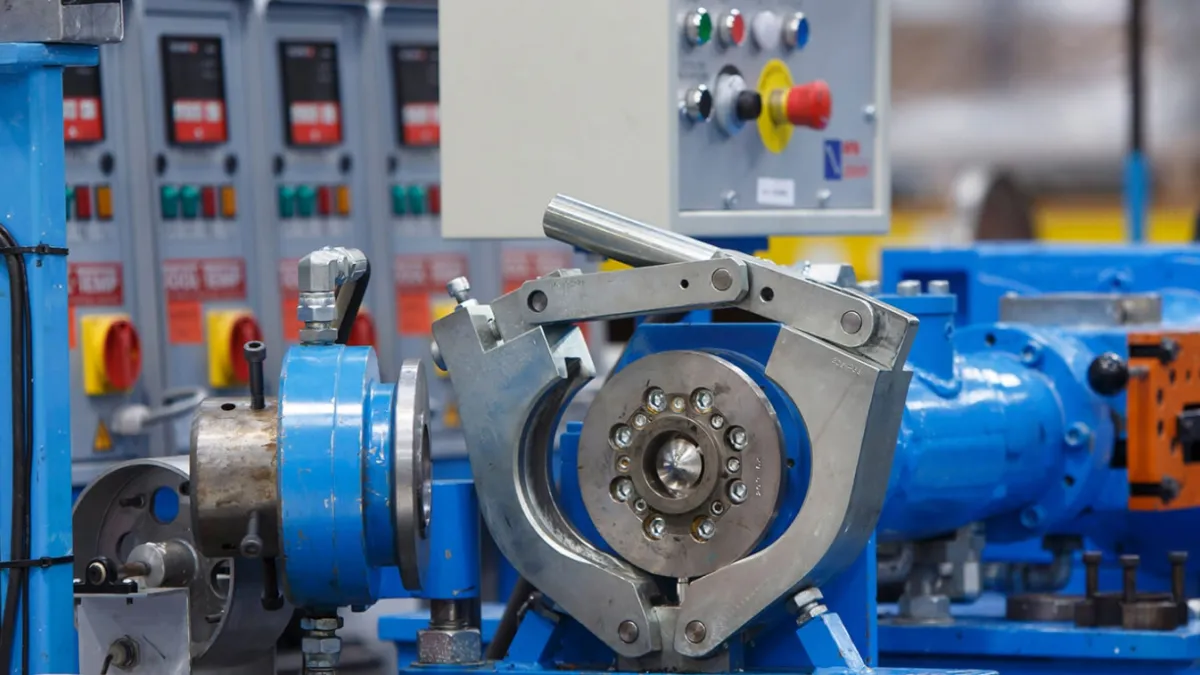By using this website, you agree to our Privacy Policy
×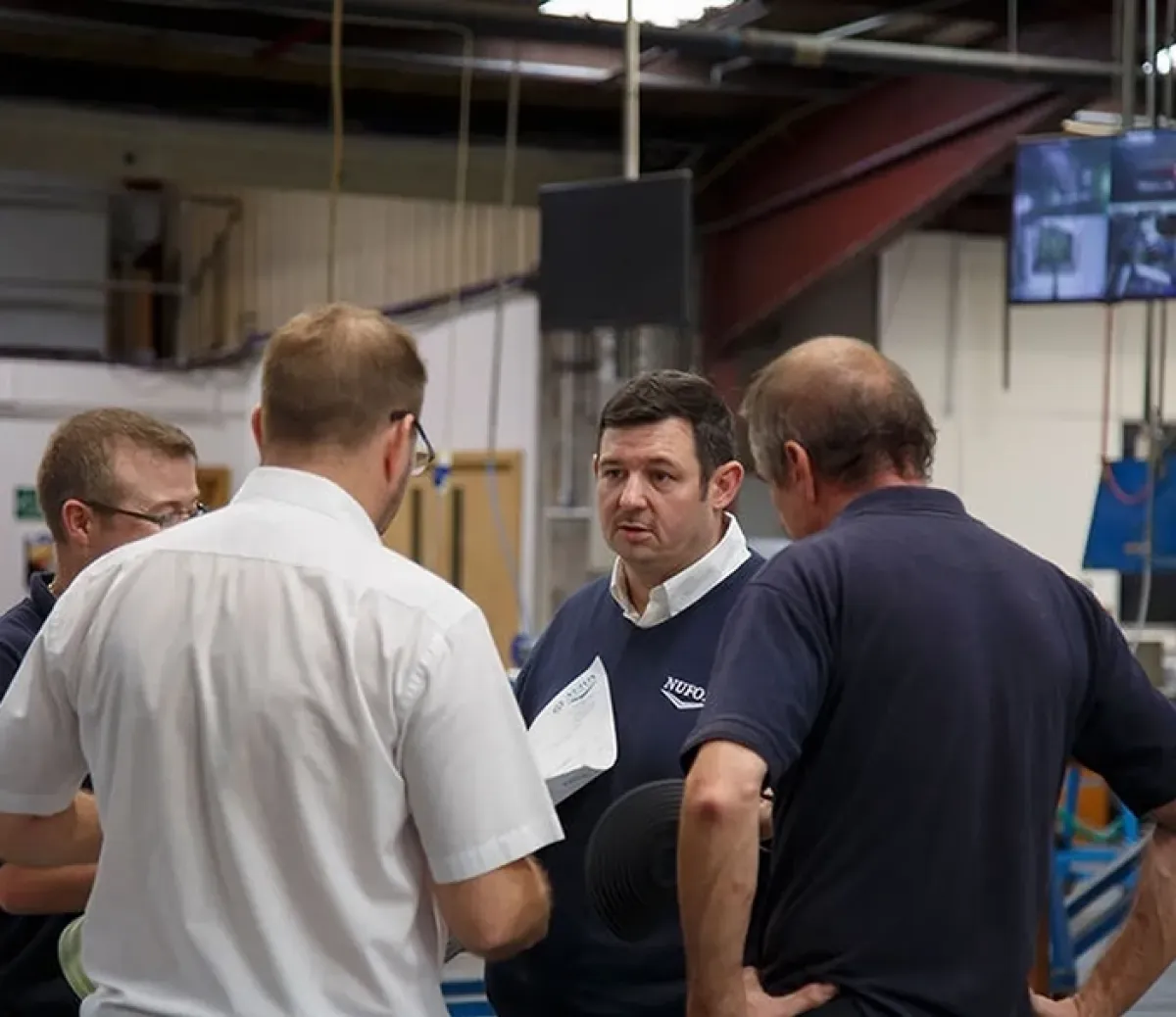
Nufox Rubber Heritage
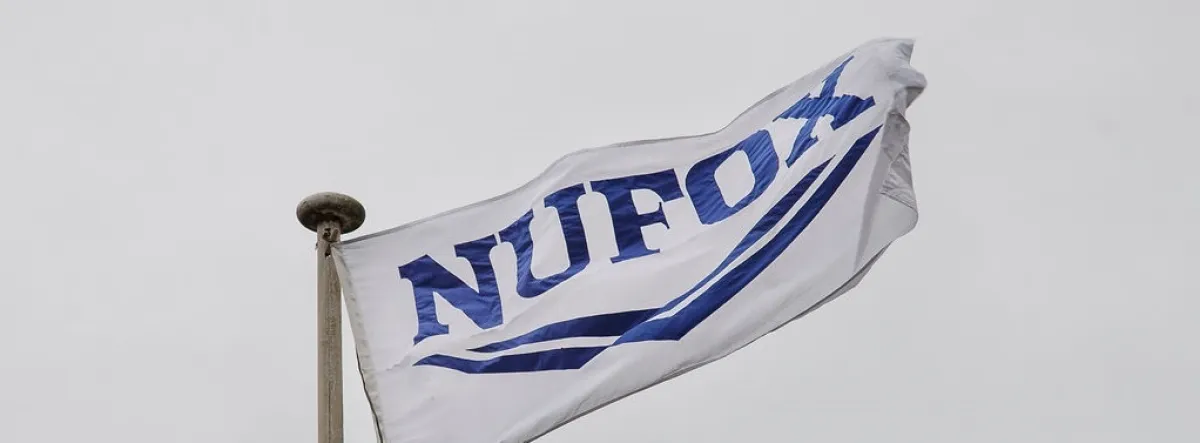
Nufox Rubber Heritage
Once vulcanisation had been discovered, the manufacture of rubber goods rapidly expanded. Charles Macintosh’s award-winning stand at an 1851 exhibition displayed rubber products that had never been available before, setting the company on the road to financial security.
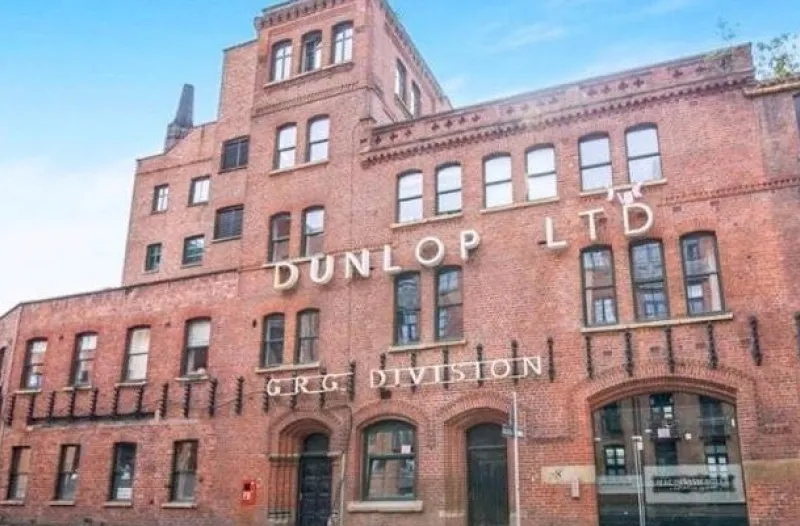
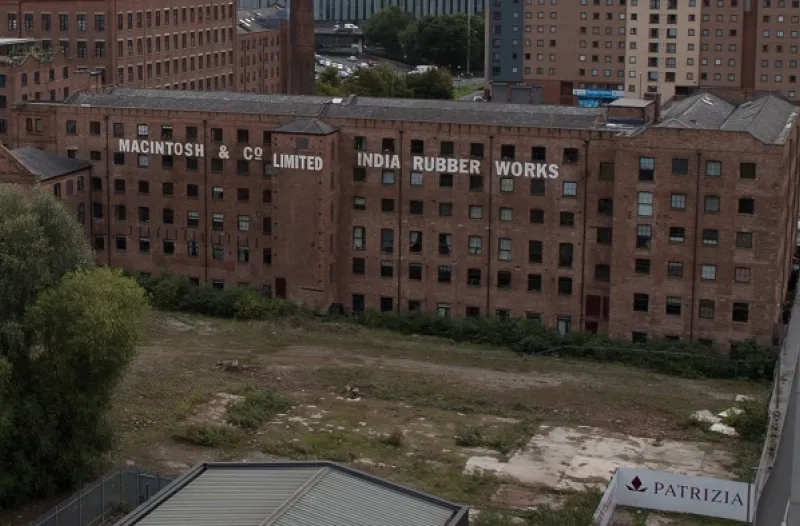
The Cambridge Street Site
By this time, Charles Macintosh was based at Cambridge St. Manchester; these premises became the home of Dunlop Rubber in 1925 as it broadened its business into the general rubber goods trade.
Dunlop Extrusions are now proudly part of the Nufox Rubber family of brands.
The Cambridge Street site, which is now upmarket apartments, still displays the Dunlop signage.
Manchester became a major centre for rubber processing because of its cotton industry and the use of rubber to waterproof cloth.
By 1851, Rubber Waterproofing of Cloth was Underway
By 1862 James Quin, described as an India Rubber manufacturer of Leyland, was running a significant rubber manufacturing operation which eventually became The Leyland Rubber Company in 1883.
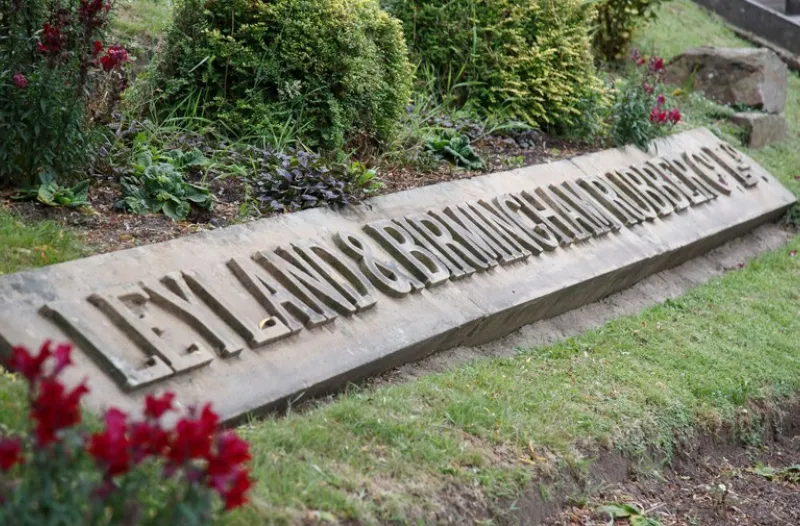
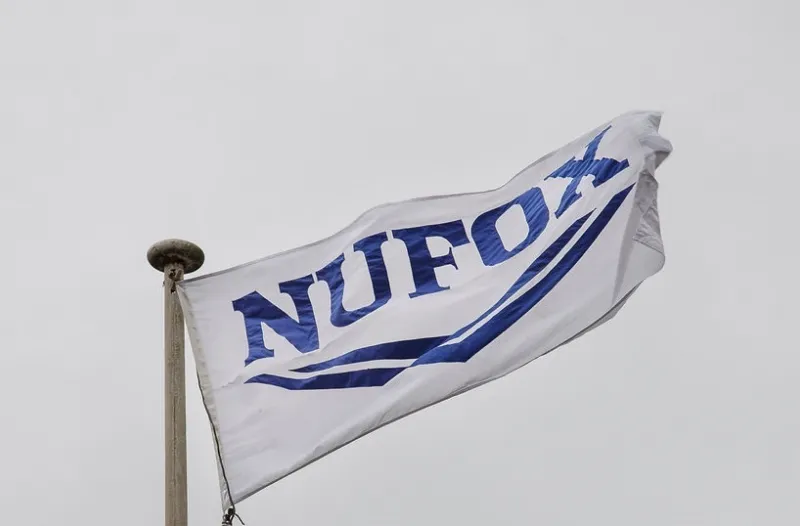
Leyland and Birmingham Joined the Nufox Rubber Family in 2001
In 1898, there was a further expansion with the amalgamation of The Birmingham Rubber Company, forming the company we know today as the Leyland & Birmingham Rubber Company.
The Hancock family firm, James Lyne Hancock Ltd, which operated from the Goswell Road site from 1820 until 1939, was taken over by the British Tyre & Rubber Company (BTR). BTR then eventually merged with The Leyland & Birmingham Rubber Company in 1969.
Leyland & Birmingham joined the Nufox Rubber family in 2001.
We’ll Get Straight Back to You
Explore our other Industries
Speak to One of Our Experts
Contact UsLEARN
INDUSTRIES
PRODUCTS
BRANDS
GET IN TOUCH

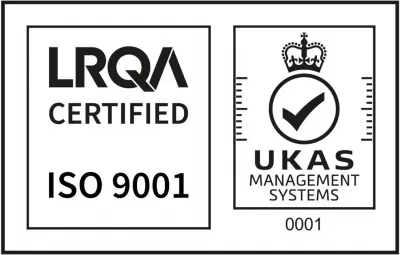
- © 2025 Nufox. All rights reserved |
- Terms & Conditions |
- Privacy Policy |
- Download ISO Certificate | Web Design MadeByShape
